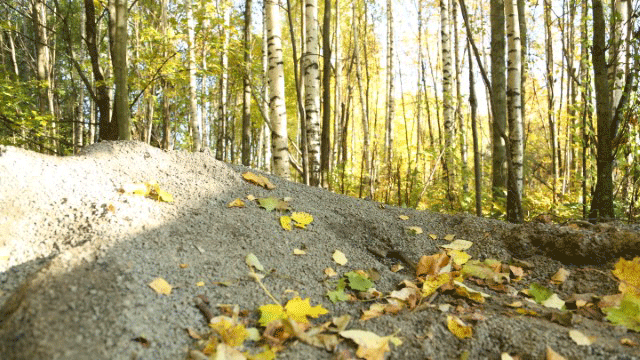Based on a survey conducted in the Jyväskylä area, 56 per cent of respondents would be prepared to replace their ordinary vehicle with an electric or biogas vehicle.
One in four people in the central Finnish city of Jyväskylä would be prepared to give up their car in favour of car sharing, if such a service were available. This was the outcome of a survey commissioned by Sitra and carried out by TNS Gallup.
Over half (56 per cent) of respondents said they would not mind switching to an electric or biogas vehicle. In contrast, people in the Jyväskylä area use public transport relatively little, with 55 per cent saying they used public transport less than once a week and 23 per cent never. Driving is common: 53 per cent drove their cars daily and 21 per cent several times a week.
“This indicates that public transport in its current form does not fulfil the needs and wishes of locals, because it is easiest for them to travel by car. There is still potential for greener travel options, however, as the willingness to switch to electric or biogas shows,” says Laura Häkli of Sitra, a specialist working on the Towards Resource Wisdom project.
Cycling is a popular form of transport in and around Jyväskylä, even if it does not compare with driving: 33 per cent of respondents said they cycled daily or several times a week, even outside summertime.
With regard to consumables, the residents of Jyväskylä are familiar with resource-wise forms of action: 61 per cent of respondents favour second-hand clothing and other recycled consumables and 82 per cent say they primarily aim to fix broken items rather than throwing them away.
Those in Jyväskylä are also careful about their use of energy, according to the survey. A majority of respondents (85 per cent) were aware of the energy classification of their house or apartment, and 66 per cent said they monitor their electricity consumption. As many as three out of four make systematic efforts to reduce their electricity consumption, and 70 per cent do so with regard to water. Still, only 36 per cent of respondents had carried out renovation work with the aim of saving energy, and 22 per cent used renewable energy.
The respondents’ attitudes towards sustainable development were indicated by answers showing that 68 per cent had taken part in activities that promote sustainable development in their free time, while over 70 per cent favoured organic, seasonal or local produce when food shopping.
“The survey data will form a good basis for a project in which we will plan action and communication related to resource savings. The results indicate that a large part of the population in the Jyväskylä region has a positive outlook towards resource wisdom and is willing to adopt sustainable lifestyles if proper opportunities are offered,” Häkli says.
The TNS Gallup survey commissioned by Sitra was carried out in the form of interviews between 16 July and 5 August 2013. The respondents comprised 501 people from Jyväskylä, Muurame, Laukaa, Toivakka, Petäjävesi and Uurainen.
